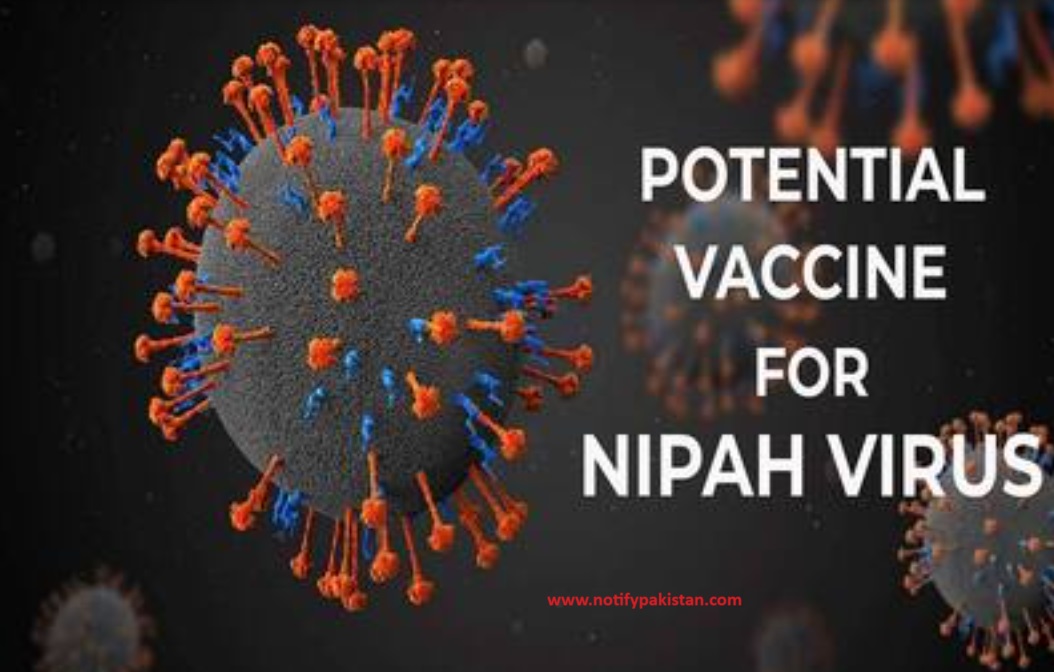Breaking News About Nipah Virus Vaccine human trails. The University of Oxford announced on Thursday that the brain-swelling Nipah virus, which caused epidemics in Kerala (India) and other regions of Asia, is the target of an experimental vaccine that it had started testing on humans.
The lethal virus currently has no vaccination. After being discovered for the first time in Malaysia some 25 years ago, Nipah has since spread to Bangladesh, India and Singapore.
Over the past week, doses of the nipah virus vaccine were administered to the initial subjects in the Oxford experiment. The injection is based on the same technology as the COVID-19 shots from Serum Institute of India and AstraZeneca (AZN.L). The Pandemic Sciences Institute at the University of Oxford has released a statement that the early-stage human trials, which will involve 51 patients, will investigate the safety and immune response of the vaccine in individuals between the age of 18 and 55.

In a nation afflicted by Nipah, further human trials are anticipated.
Nipah has the potential to spread like wildfire since its fruit bat hosts are found in areas with populations exceeding two billion. According to Dr. The Coalition for Epidemic Preparedness Innovations (CEPI) CEO In-Kyu Yoon stated that “this experiment is a step forward in attempts to establish a suite of tools to protect against this killer virus.”
Oxford Vaccine Group is in charge of the trial, and CEPI, a global alliance that promotes the creation of vaccines against newly developing infectious illnesses, is providing funding. In 2022, Moderna initiated a first round of clinical trials for a vaccine against the Nipah virus, which it jointly developed with the National Institute of Allergy and Infectious Diseases in the United States.
With six cases and two fatalities, the fourth Nipah outbreak in five years occurred in the Indian state of Kerala in September. Brain swelling is likely to follow fever, headache, coughing, and breathing difficulties brought on by the virus. The World Health Organization estimates that between 40% and 75% of people will die from it.
Please Join WhatsApp Group/Channel for Latest News!
| WhatsApp Group | Join WhatsApp Group |
| WhatsApp Channel | Follow WhatsApp Channel |
Click Here for News Page!

